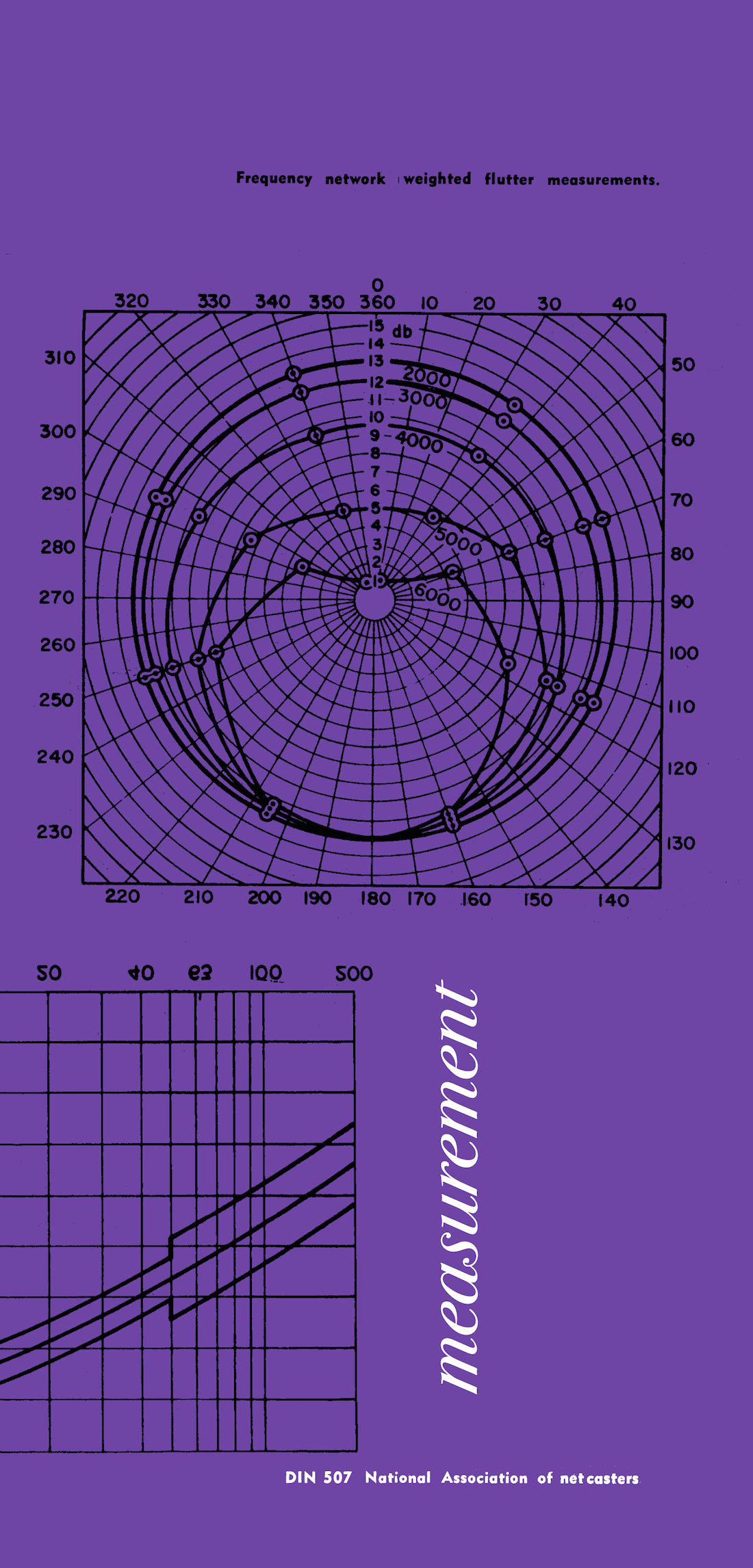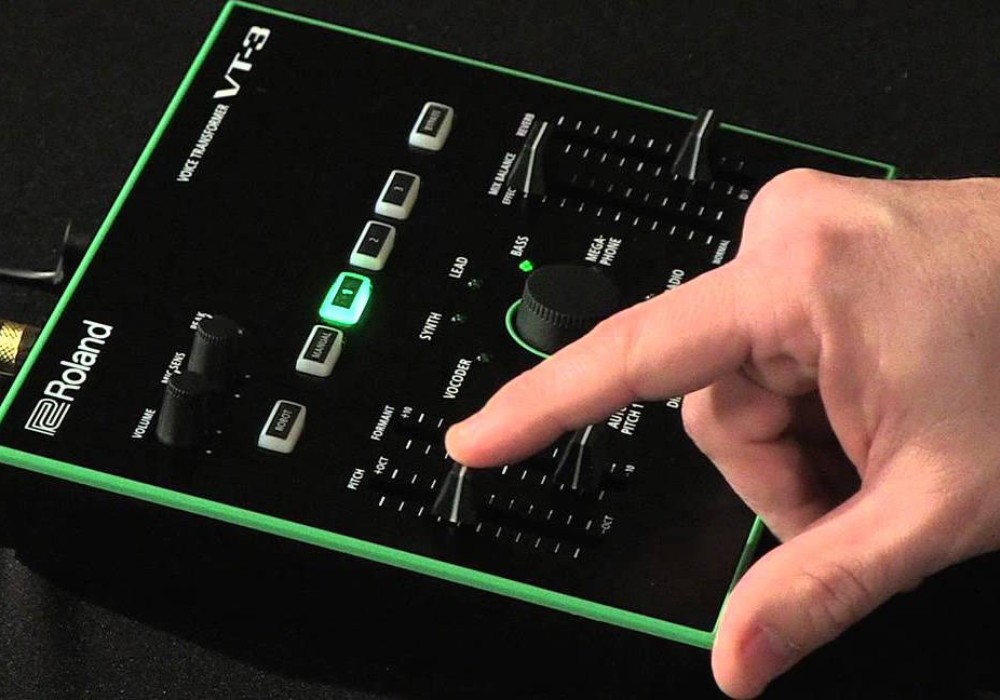If every DAW in existence ships with several free delay plug- ins, why is Soundtoys EchoBoy one of the best-selling plug-ins on the market? Moreover, why would you want to spend your hard-earned cash on a hardware digital delay? I guess the answer is that people care about delay-based effects. And while I'm a huge EchoBoy fan and user, I sometimes just want to twist some knobs to come up with a sound that's less predictable than what most plug-ins will give me.
We have several analog bucket-brigade device (BBD) delay pedals in our studio, along with a vintage Roland Space Echo and a Fulltone Tube Tape Echo [Tape Op #51]. Despite the ease in pulling up a plug-in, the hardware tape delays and BBD pedals see a lot of use, even though they take more time to set up. But I also spend more time repairing the tape delays than I do just about any other piece of gear in the studio, so I'm always on the lookout for other cool delay effects that are more reliable and that clients and musicians will find interesting and inspiring. I've looked at some vintage delays like the Marshall Time Modulator (amazing but very pricey), but one of the reasons that I think the tape delays get a lot of use is that they can be patched to a line-level signal (with a re-amp device) or directly fed by a guitar or keyboard. This is one of the attractions to the SDD-3000 Pedal, as it's basically a big stompbox with very versatile I/O.
The SDD-3000 Pedal, as its name implies, is a reincarnation — in pedal format — of the '80s-era SDD-3000, which was a 1RU- height rackmount box popular with guitarists back in its day. U2's The Edge and William Orbit were two well-known users. Like the original, the input and output of the SDD-3000 Pedal can be switched between three different reference levels (-30, -10, and +4 dBu input; -20, -10, and +4 dBu output), so the unit is equally at home in the studio or in a guitar rig. Furthermore, the SDD-3000 Pedal includes an accurate recreation of the much-loved analog preamp circuit found in the original.
In addition to the SDD-3000 digital-delay mode, the SDD-3000 Pedal has emulations for BBD and tape delays, as well as modes entitled Modern (very clean), Kosmic (reverb and subtle pitch shifts), Reverse (backward playback), and Pitch (pitch shift applied before delay). An L/C/R button can turn any of these delay types into multi-tap with left/center/right panning options. Kosmic, Reverse, and Pitch modes can create some very cool effects, but most users will likely focus on the wide range of traditional delay options available from the Delay Time section (1-4000 ms of delay, L/R control, and sync), Regeneration section (feedback level, polarity invert, and high/low-pass filters), and Modulation section (waveform shape, intensity, and frequency). There are a lot of the standard performance controls as well (including tap tempo, MIDI, and preset store/recall), so if you're looking for something for your live rig, this would be a strong contender. Overall, I'm very impressed with this pedal, and I ended up buying it.
Downsides? Well, there are a few. I couldn't get Analog and Tape modes to freak-out with too much regenerative feedback the way you can with a real analog delay (something the all- digital BOSS RE-20 Roland Space Echo pedal emulates perfectly). Depending on your point of view, this could be a plus or a minus. On the other hand, I was getting some very cool, unique sounds out of the SDD-3000 Pedal when I tweaked the delay time and/or feedback controls in real-time. It's not quite able to simulate the pitch shift you get on an analog device when you do that, but the sound of the processor freaking out was super cool and unique in its own way, and may inspire a new trend in sonically abusing pedals. Also, the pedal will store 80 presets, but the only way to access these is by stepping through them using footswitches, which feels a bit clunky in the studio. A rotary knob or keypad entry system would be welcome in the studio environment, but I guess this points to this pedal's design directive as, well, a pedal.
The SDD-3000 Pedal may not be an essential purchase, but if you're a recordist or musician who is looking for more hands-on tools and loves delays, it should be on your short list.





_disp_horizontal_bw.jpg)